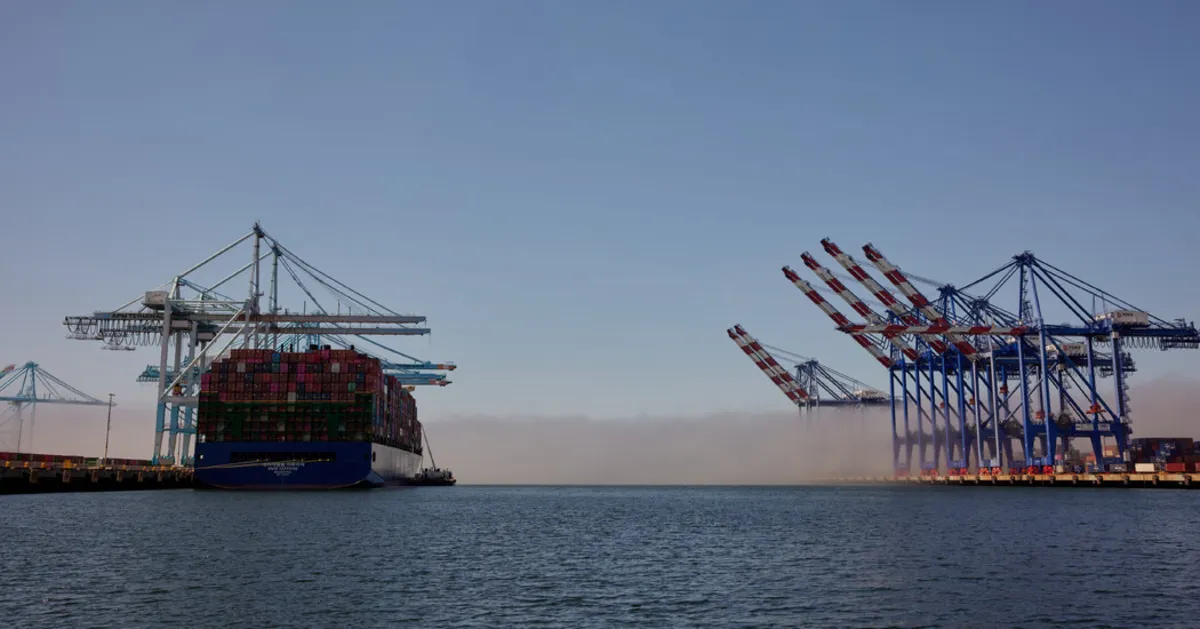
The global economy is anticipated to experience a significant slowdown this year, primarily due to President Trump’s trade policy, which has disrupted international commerce and heightened economic uncertainty. According to a report released by the World Bank on Tuesday, the implications of America’s ongoing trade war are becoming increasingly apparent, affecting economies around the world.
Despite this weakening outlook, the World Bank does not foresee a complete recession for the global economy. However, the current trade tensions are likely to usher in the weakest decade of growth since the 1960s. Particularly concerning is the stagnation of economic development in many of the world’s poorest regions, which has reached a standstill. The expansion in global output is projected to decelerate to 2.3 percent in 2025, down from 2.8 percent last year, as outlined in the Global Economic Prospects report. This figure represents a decrease from the 2.7 percent growth forecast made earlier in January.
Indermit Gill, the chief economist of the World Bank, emphasized the gravity of the situation in the report, stating, “The world economy today is once more running into turbulence. Without a swift course correction, the harm to living standards could be deep.” The implications of these economic shifts are critical, as they could lead to lasting consequences for both developed and developing nations.
This year, the United States has implemented broad tariffs, including a 10 percent tariff on imports and a staggering 50 percent tariff on steel and aluminum imports. Additionally, the U.S. has threatened “reciprocal” tariffs against numerous trading partners, along with increasing tariffs on Chinese imports to as high as 145 percent before subsequently lowering them to facilitate trade negotiations. As a result, the average effective U.S. tariff rate has surged to the highest level seen in a century.
The World Bank unveiled its updated forecasts amid ongoing trade discussions between the United States and China, which were entering their second day in London. In recent developments, both nations, recognized as the world’s two largest economies, have enacted export control measures that restrict each other's access to a wide array of items vital for high-technology and military applications.
As these trade tensions continue to evolve, the global economic landscape remains precarious, with significant implications for international trade and economic stability. Stakeholders and policymakers must navigate these challenges carefully to mitigate risks to economic growth and living standards worldwide.